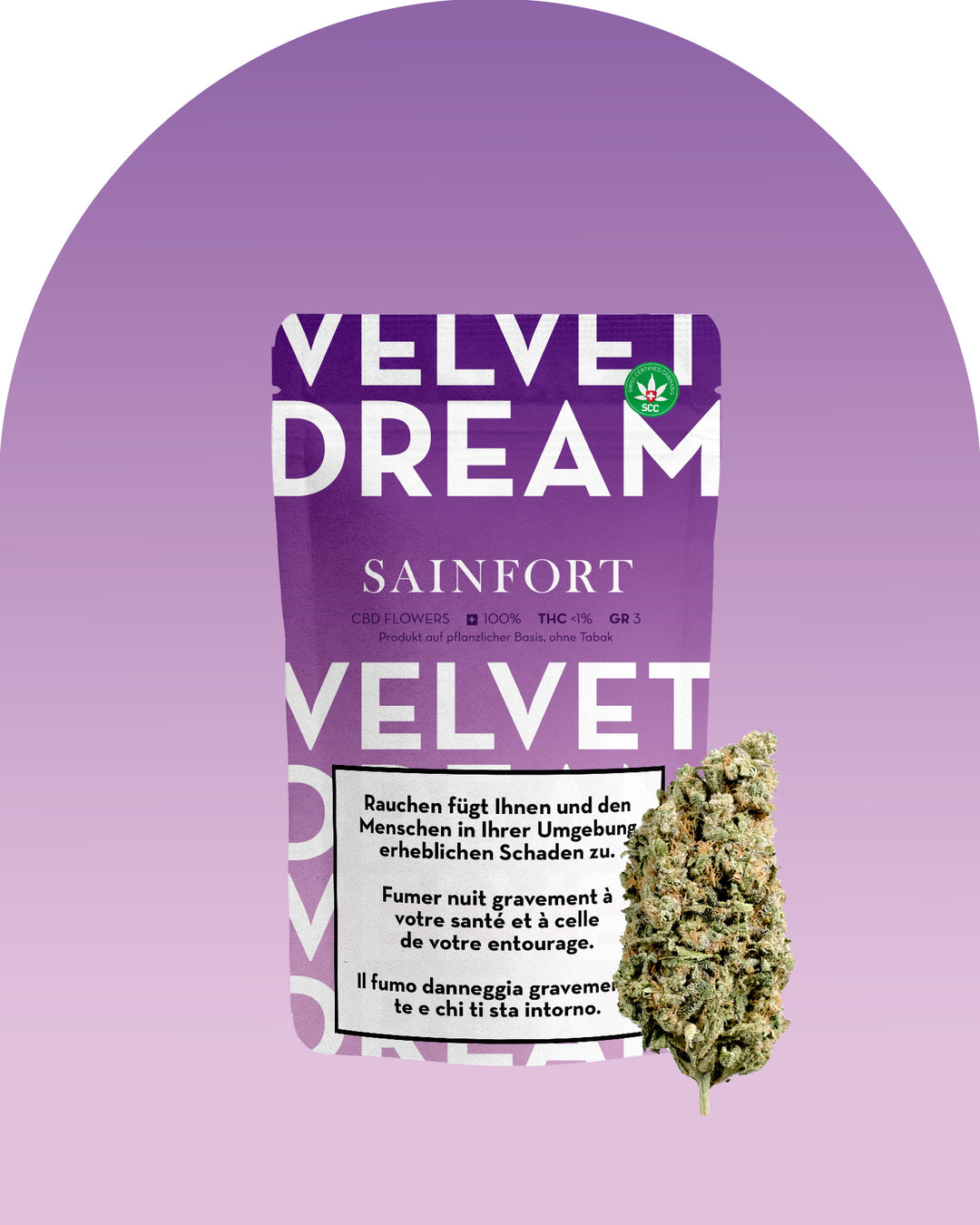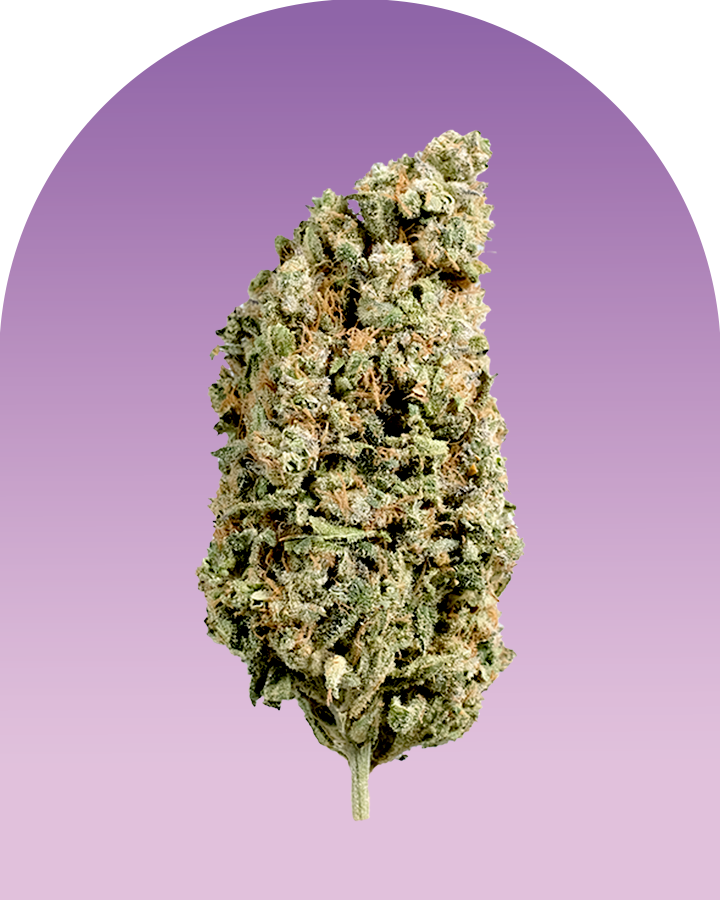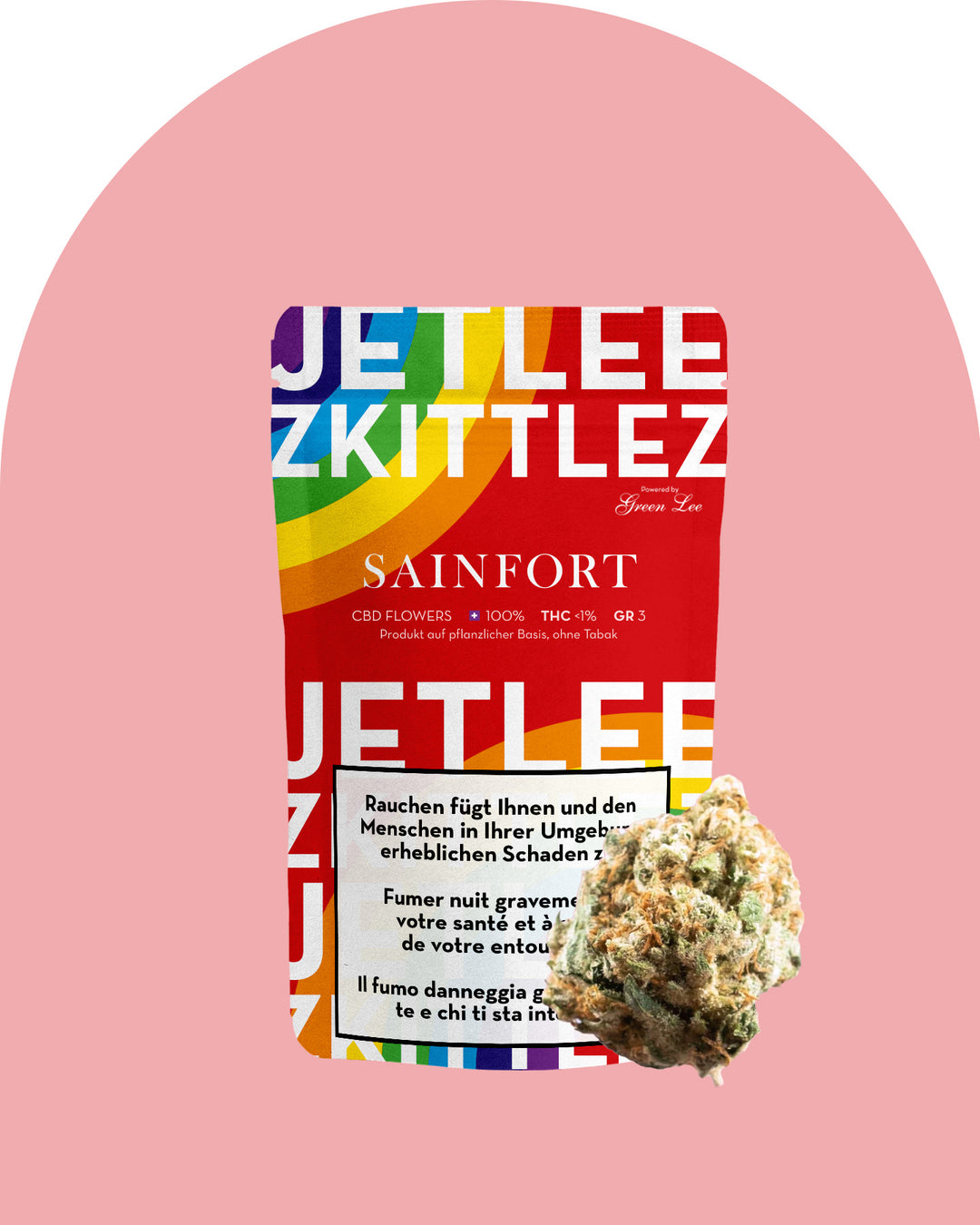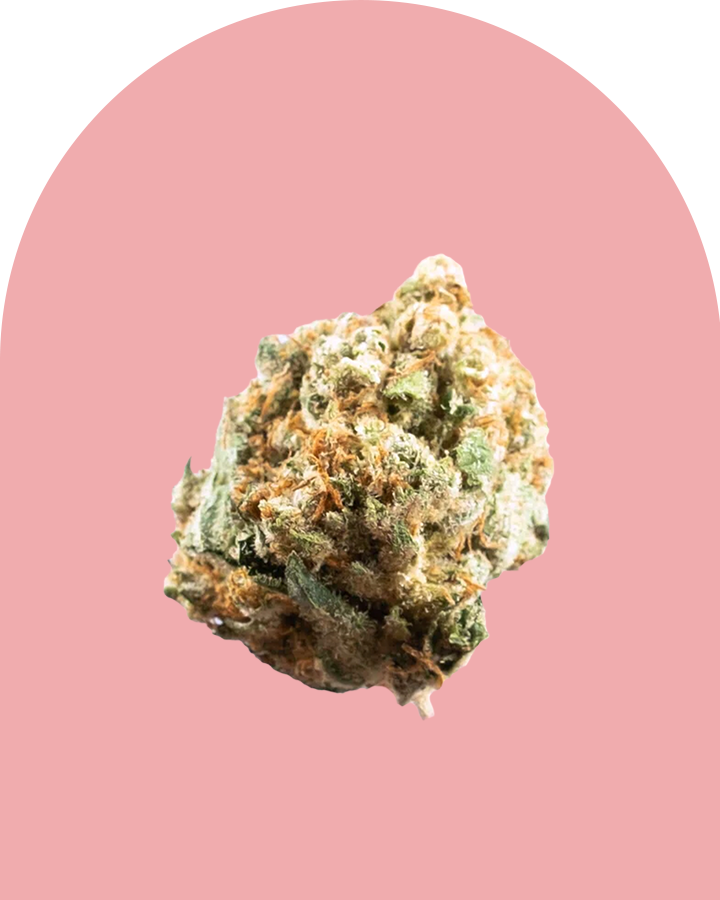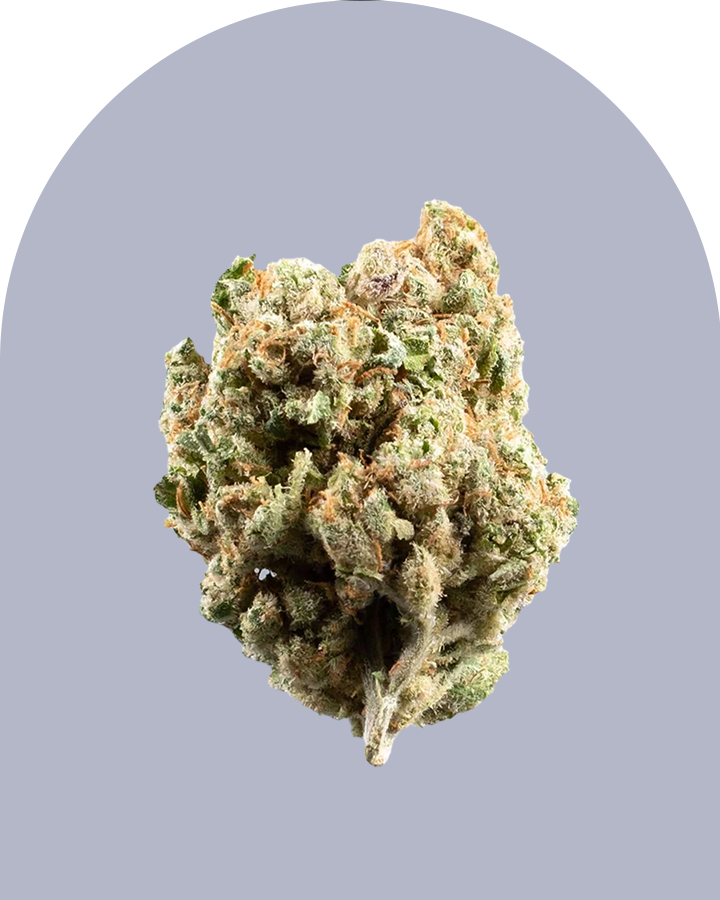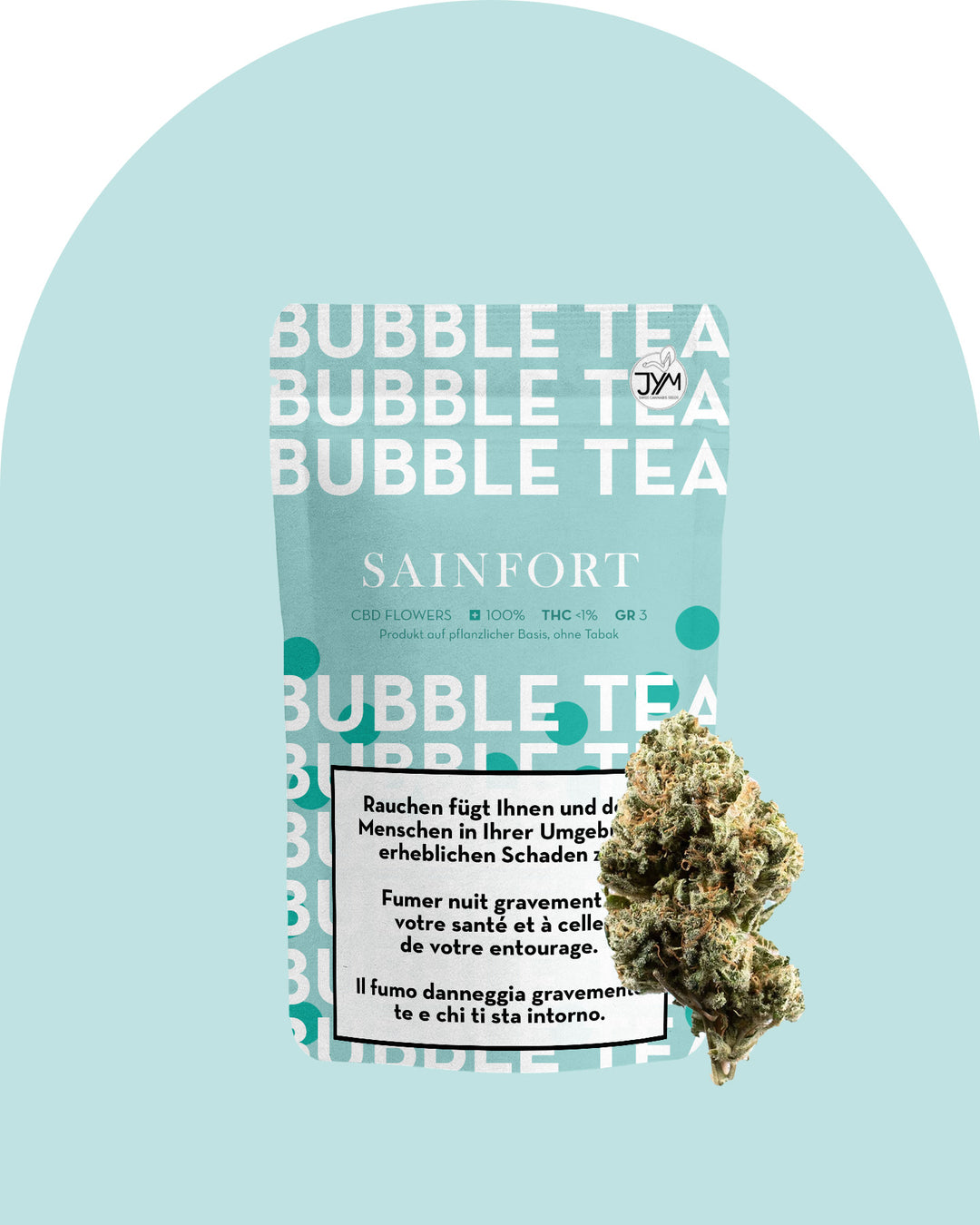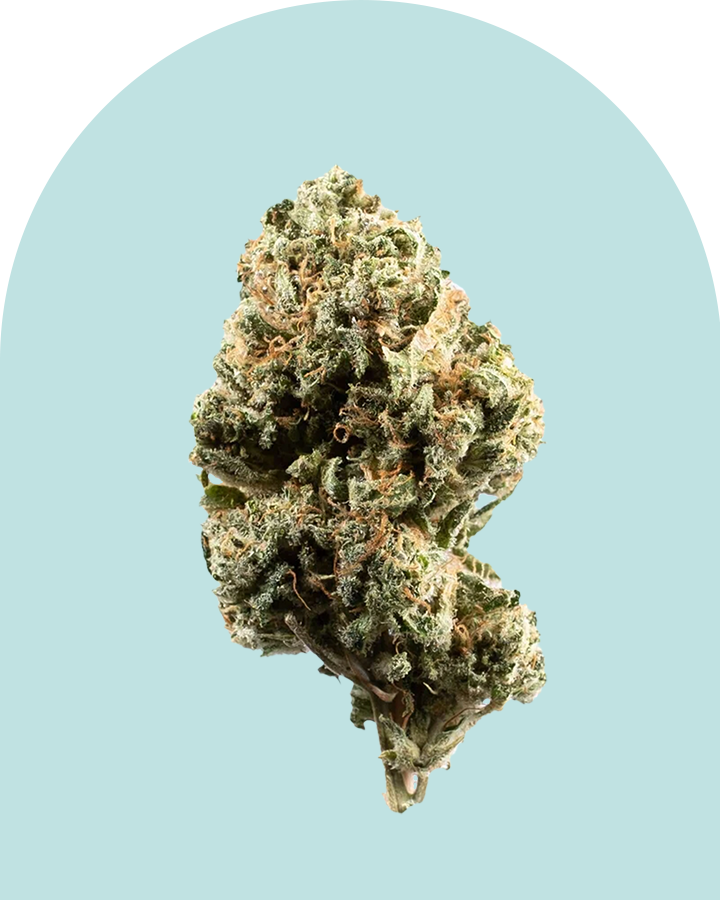Healing with CBD: Part 2 – Inflammation

Inflammation is part of the human body's normal immune system. As soon as a potentially dangerous intruder, such as a pathogen or a piece of wood, is detected, the body initiates a complex defense process - this is inflammation.
The following signs can indicate inflammation: skin reddening, warmth, swelling, pain or impaired function. These symptoms of inflammation usually subside within a few days.
Basically, inflammation is not a bad thing, it rather protects us from unwanted pathogens, etc. However, it can also happen that inflammation becomes chronic - this happens when the stimulus lasts for a long time.
There are a variety of anti-inflammatory drugs that can help treat inflammation. On the other hand, there are also natural remedies that can inhibit inflammation.
Various studies state that CBD can have an anti-inflammatory effect. Unlike most anti-inflammatory agents, which only inhibit a few inflammatory messengers that lead to inflammation, CBD can stop the inflammatory process in multiple places. This makes it particularly useful for many different types of inflammation - from allergic and autoimmune reactions to sprains and strains.
Both acute and chronic inflammation can be alleviated by cannabidiol. Given that CBD can disrupt the inflammatory process at multiple points, CBD appears to be more effective at fighting inflammation than traditional anti-inflammatory drugs.
The dosage of CBD is very individual - it is best to start with a small dose, observe whether there is a positive change, and adjust the dosage in small increments if necessary.
Here you can find the Sainfort CBD oils in different concentrations.
Other topics:
Healing with CBD: Part 1 – Sleep Disorders
Upcoming topics:
Healing with CBD: Part 3 – Pain




